Recuerdos del futuro: Raúl Pellegrín (1992)
Gênero : Documentário
Runtime : 0M
Director : Colectivo Audiovisual Rodriguista (CARO)
Sinopse
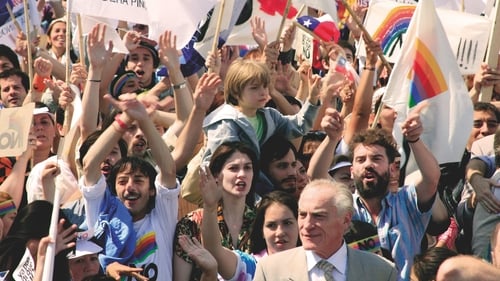
No Chile de 1988, o governo ditatorial convoca um plebiscito para perguntar se a população apoia os militares. Um publicitário, então, fica responsável pela Campanha do Não, com ideias ousadas para convencer o povo a acabar com o regime militar.
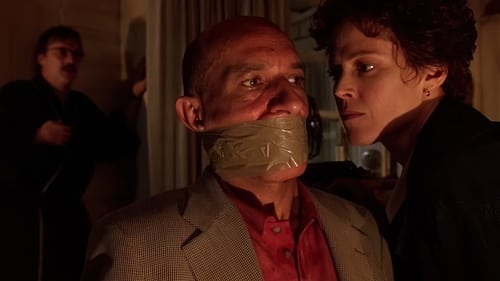
Em um país sul-americano recém saído de um regime ditatorial, Paulina Escobar fica sabendo pelo rádio que seu esposo, o famoso advogado Gerardo Escobar, deverá chefiar as investigações das mortes ocorridas no antigo regime. Em seguida Gerardo chega em casa, acompanhado de um estranho que o socorreu na estrada. Pela voz ela identifica o desconhecido como Roberto Miranda, homem que a torturou e estuprou durante sua atuação na resistência ao regime. Paulina decide então "julgá-lo" ali mesmo apesar dos protestos do marido.
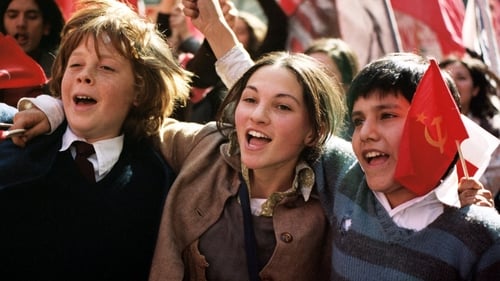
Chile, 1973. Gonzalo Infante (Matías Quer) é um garoto que estuda no Colégio Saint Patrick, o mais conceituado de Santiago. Gonzalo é de uma família de classe alta, morando em um bairro na área nobre da cidade com seus pais e sua irmã. O padre McEnroe (Ernesto Malbran), o diretor do colégio, inspirado no governo de Salvador Allende decide implementar uma política que faça com que alunos pobres também estudem no Saint Patrick. Um deles é Pedro Machuca (Ariel Mateluna) que, assim como os demais, fica deslocado em meio aos antigos alunos da escola. Provocado, Pedro é seguro por trás e um deles manda que Gonzalo o bata, que se recusa a fazer isto e ainda o ajuda a fugir. A partir de então nasce uma amizade entre os dois garotos, apesar do abismo de classe existente entre eles.
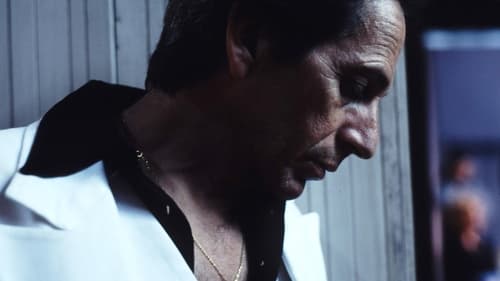
Santiago do Chile, 1978. Em meio ao complicado contexto social da ditadura militar de Augusto Pinochet, um homem de meia-idade, Raúl Peralta (Alfredo Castro), está obcecado com a idéia de se tornar Tony Manero, o famoso personagem interpretado por John Travolta no clássico filme da era disco "Os Embalos de Sábado à Noite". A fantasia de encarnar seu grande ídolo, e assim ser reconhecido como uma estrela no mundo do entretenimento, chega a tal nível que acaba levando Raúl a se transformar num assassino em série.
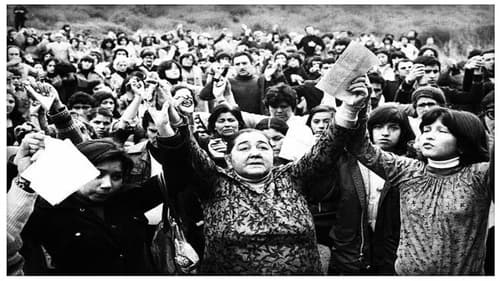
O documentário retrata a história de um grupo de chilenos que fotografou os protestos e a sociedade chilena em suas mais variadas facetas, durante o conturbado período de opressão da ditadura do General Augusto Pinochet. "Na rua, ao ritmo dos protestos, estes fotógrafos se formaram e criaram uma linguagem política. Para eles, fotografar foi uma prática de liberdade, uma tentativa de sobrevivência, uma alternativa para poder seguir vivendo."

Documental about the Second Independence of Chile. Images and videos from the period before and after September 11th, 1973

In the late 1980s, a politically neutral photographer in Pinochet's Chile is still struggling to come to terms with the "disappearance" of his activist brother in the Villa Grimaldi torture centre back in 1975.
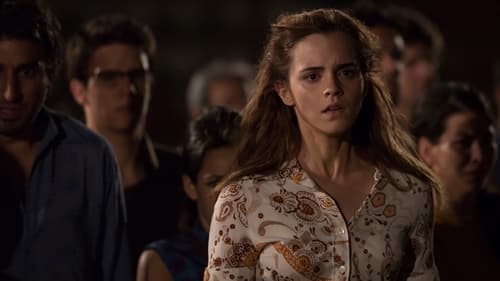
Chile, 1973. Em meio ao golpe de estado que derrubou o presidente eleito Salvador Allende e possibilitou a ascensão do ditador Augusto Pinochet, as massas estão nas ruas protestando, entre eles um casal alemão, Lena e Daniel. Quando o rapaz é levado pela polícia secreta de Pinochet, Lena procura por ele e descobre que seu amado está em um lugar chamado Colonia Dignidad, uma suposta missão de caridade dirigida por um pregador, só que na verdade é uma prisão de onde ninguém nunca escapou. A fim de encontrar Daniel, a moça decide se juntar ao culto religioso da Colonia.

María, a girl from Colonia Dignidad, in Chile —a kind of sectarian community, tyrannically mastered by the ruthless Paul Schäfer, a German madman, religious fanatic and child predator, who would end up turning the place into a torture center at the service of the military dictatorship ruled by Augusto Pinochet—, is punished for having lost three pigs, so she decides to run away and take refuge in an abandoned house hidden in the forest.

A tia favorita de Lissette, Adriana, estabelecida na Austrália, é presa em 2007 enquanto visitava sua família no Chile e acusada de ter trabalhado para a notória polícia secreta do ditador Pinochet, a DINA, e de ter participado da comissão de crimes do Estado. Quando Adriana nega estas acusações, Lissette começa a investigar sua história para filmar um documentário sobre o assunto.

During the Pinochet dictatorship, Jorge Lübbert became an instrument for the Chilean secret services, who forced him to work for them in an extremely violent way. He was able to escape from Chile and became a war photographer based in Belgium. Today, his son Andrés takes him back to the places of his unfinished past.

Biographical portrait of the labor movement and left wing movement in Uruguay, "Conversations with Turiansky" combines two stories. The first portrays the son of immigrants, the engineer passionate about the mystery of electricity, the man in love, the movie buff. The other places the protagonist in his time: union struggles, the advance of authoritarianism, prison and the challenges of the present. In both are present the lucidity, commitment, discreet tenderness and humor of Wladimir Turiansky.
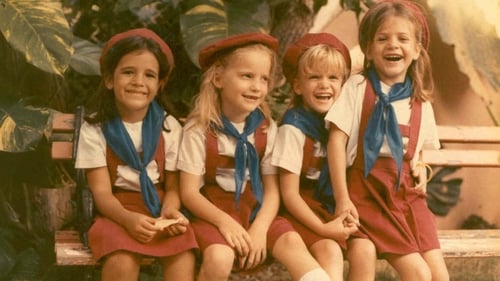
There was a time in Argentina, not so long ago, when the army wasn't only one, official, but many and made up by civilians. In those times of courageous youths determined to fight to the death for that cause upheld around Peronism as wll as some left-wing postulates, revolutionary Cubas was a beacon of hope in the world scheme -a Montonero nation. "A House in Cuba" seeks to recover the curious adventure of a couple of Montonero parents and their small children, who were lovingly sent into exile in order for their parents to take up arms.

The film narrates the process in which two female forensic doctors, responsible for the Office of Identification of Legal Medical Institute of Santiago, fail to determine the identity of bodies that presumed are prisoners, detained and disappeared during the military dictatorship of Augusto Pinochet (1973- 1990).
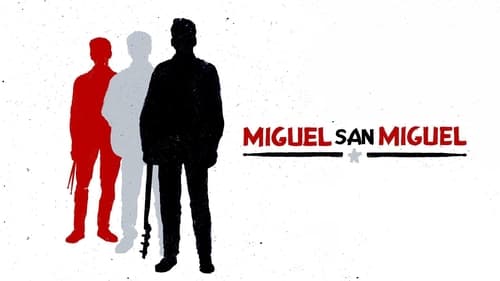
The film traces the origins of the Chilean band band Los Prisioneros from the perspective of the drummer Miguel Tapia. Set in the Late 70's, during Pinochet's military dictatorship.

Chile, September 1986. Tamara, commander of the communist guerrilla group Manuel Rodríguez Patriotic Front, and her comrades-in-arms set out to overthrow the military regime installed in 1973 by assassinating the dictator Augusto Pinochet.

Based on the assassination attempt at the then dictator Augusto Pinochet on September 7, 1986.

Film inspired by the real story of Rodrigo Rojas de Negri. Killed on July 2, 1986 during the first national protest against the dictatorship of Augusto Pinochet.















